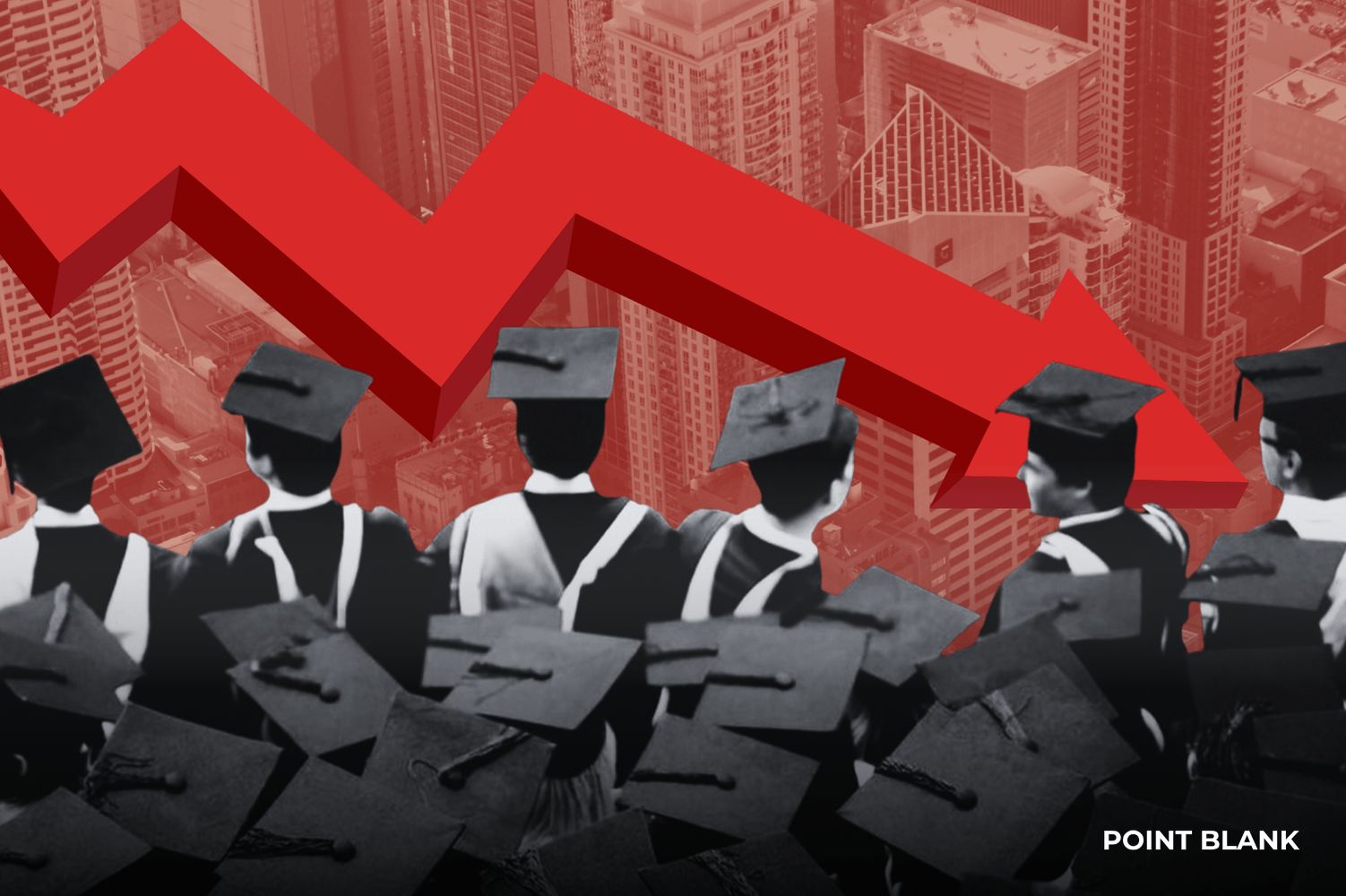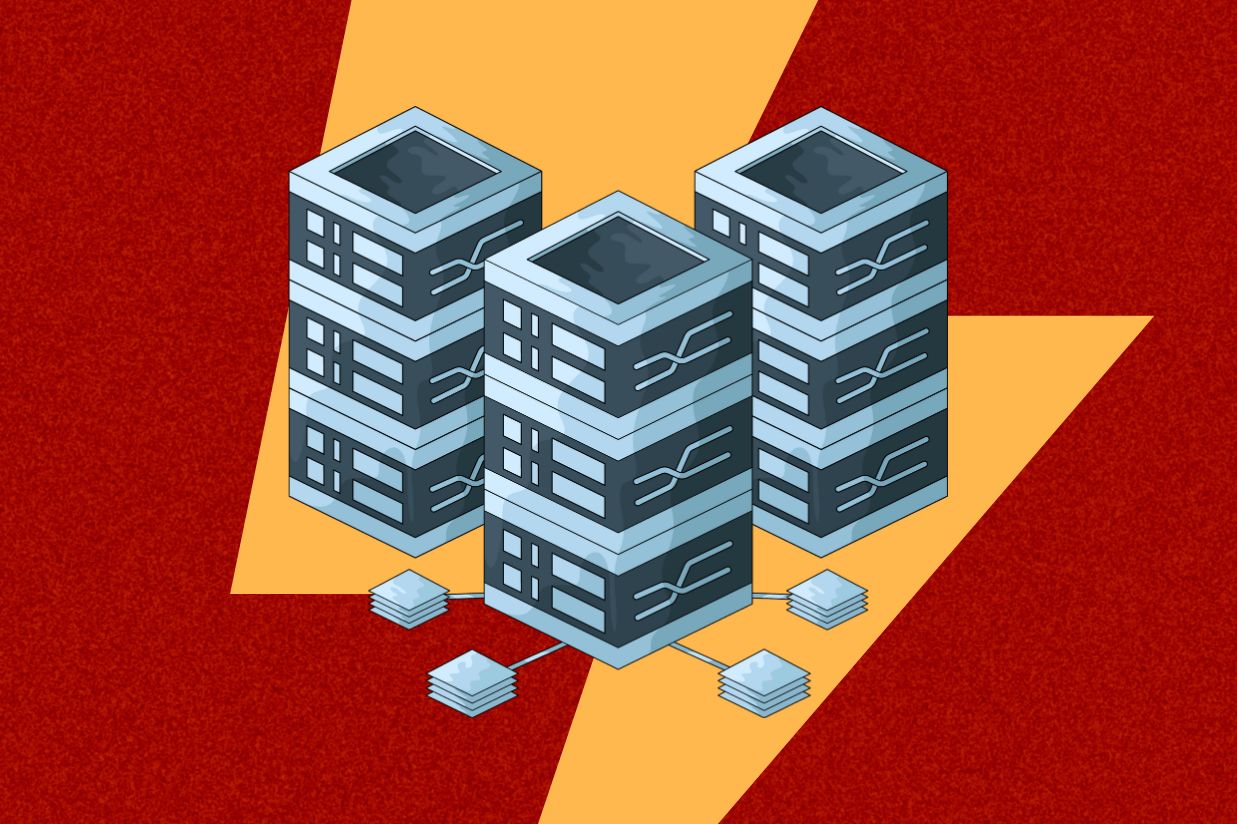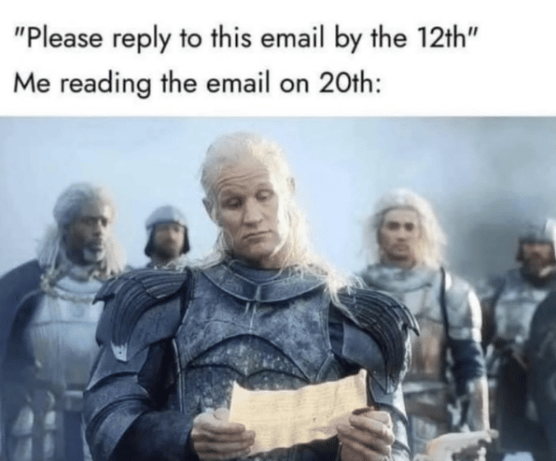👋 G’day
Welcome back to another day of insights
Today’s brief:
Law defies AI’s grad job carnage — for now
AI tools outperform lawyers in research
Deloitte coughs up $52m settlement
WORD ON THE STREET
“Jobpocalypse” looms

While AI wipes out grad jobs across finance, consulting and tech, law firms are still hiring. Grad intakes grew 6% in 2024–25, with HWLE up 19% and KWM up 13%. Carter Newell’s Marc Walker says firms relying on grads for grunt work may shrink intakes, while Simmons & Simmons’ Julian Taylor says cutting junior hiring is “dangerous”. While everyone else cuts, law is defying the graduate “jobpocalyse” — for now: Point Blank
*
Deloitte will cough up $52m to settle investor claims it missed red flags in the collapse of Scana’s failed US nuclear project — one of the biggest auditor settlements in a decade. Shareholders said Deloitte let management hide mounting problems. Deloitte denies wrongdoing but says it settled to “avoid ongoing cost” of litigation: AFR
*
In other spooky AI news, a new Vals Legal AI Report found Counsel Stack, Alexi and Midpage outperformed human lawyers on 200 research questions, scoring up to 78% vs 69% for humans. AI even proved to be more accurate than humans. For firms, the message is simple: adopt AI or fall behind: Point Blank
*
Mills Oakley has snapped up three heavyweight partners across disputes, insolvency and insurance. Chris Brodrick (ex-Holding Redlich) joins in Melbourne, alongside Sarah Fountain (ex-DLA Piper). Jonathan Ivanisevic joins in Brisbane: Point Blank
PRACTICE POINTS
AI meets arbitration
Disputes: AI meets arbitration. Artificial intelligence is no longer on the sidelines of dispute resolution. From legal research and evidence review to real-time translation and case scheduling, AI tools are now embedded in arbitration practice. But with speed comes scrutiny. Arbitral bodies like CIArb, the SCC, and JAMS have rolled out guidelines on responsible AI use, urging parties to disclose when and how they rely on these tools. The US case LaPaglia v Valve Corp shows why. A claimant sought to set aside an award, alleging the arbitrator had “outsourced his adjudicative role” to AI, with the award showing “telltale signs of AI generation” While judgment is pending, the case underscores the need for clear ADR clauses defining when AI can be used, and by whom: Corrs Chambers Westgarth
*
IPOs: With Virgin Australia’s IPO trading above offer and trade sale exits cooling, sponsors are eyeing ASX floats again. KWM’s checklist for private equity backers outlines how to navigate the return of sponsor-led IPOs. Pre-IPO raisings, via convertible notes or preference rounds, are helping de-risk execution and attract cornerstone investors early. Escrow deeds remain key: sponsors are typically locked up until the end of the forecast period but can secure early release once shares trade 20% above the offer price for 10 days. Sponsors are also locking in relationship deeds (to preserve board seats and sell-down rights post-listing), rolling out management LTIs (to align exec incentives with public investors), and running dual-track exits (to hedge between IPO and trade sale options). Add in ASIC’s new fast-track listing process, and 2026 could mark the return of the sponsor-backed float: KWM
*
Governance: The Federal Court has taken a strict line on shareholder resolutions, ruling in Butler v Total Tools Holdings that “authorise” merely permits board action, but it doesn’t require it. Ex-director Michael Butler claimed a 2018 resolution entitled him to an equity-based instrument after a successful trade sale. But Justice Anderson found the wording gave the board discretion, not obligation, noting the “language deployed is not that of obligation.” The Court said resolutions must be read like contracts — with attention to context, purpose and precision — and rejected Butler’s fallback claim that the company’s constitution entitled him to the shares, since he’d resigned.
TALKING POINTS
Data centres drain grid

AEMO chief Daniel Westerman says data centres will swallow 12% of Australia’s electricity by 2040, warning renewables and gas are the only quick fix. NextDC’s Craig Scroggie reckons energy demand could jump 100x with AI. But despite strains on the grind, AEMC chair Anna Collyer says regulation shouldn’t be a “handbrake” on the economic opportunity of data centres: AFR
*
Australia and Papua New Guinea have signed the first new military alliance in the Asia-Pacific since the Cold War, obliging each to come to the other’s defence. The pact also gives Canberra a de facto veto over Chinese access to PNG ports and infrastructure. Up to 10,000 Papuans could join the ADF under the deal, marking a major setback for Beijing’s Pacific ambitions and a hedge against Trump-era uncertainty in Washington: The Economist
DEAL ROOM
Warner Bros for sale
Warner Bros: has confirmed it’s weighing sale options after receiving unsolicited takeover interest from multiple parties, including Paramount Skydance and Apollo Global. The board will explore deals for all or parts of the group alongside its planned 2026 split into two cable TV and streaming businesses. Wachtell and Debevoise & Plimpton are advising: AFR
*
Blackstone and TPG: are teaming up on a US$18.3bn ($28.2bn) takeover of Hologic, one of the year’s biggest healthcare buyouts. The firms will pay US$76 a share, with an extra US$3 contingent on revenue targets, a 46% premium to May’s close. Wachtell’s repping Hologic and Kirkland and Ropes & Gray are advising the Blackstone and TPG-led consortium: Capital Brief
SECTOR SPECIFIC
Rex’s lifeline

🚜 DIGGERS
Fortescue Zero’s CFO Rian Urding has quit just months after joining, becoming the latest senior exec to depart Andrew Forrest’s green tech arm as hundreds of jobs are slashed. His exit follows CEO Ellie Coates’ resignation as Fortescue shifts production from the UK to China: AFR
*
BHP says iron ore demand remains strong despite reports China banned its steelmakers from buying its ore. The miner’s Pilbara output dipped 1%, but it’s sticking to full-year guidance and betting on 5% gross domestic product growth in China: AFR
🏦 FIN
Brookfield is dropping up to $5bn into Bloom Energy’s fuel-cell tech to power data centres amid the AI boom. It’s Brookfield’s first big bet under its new AI Infrastructure strategy, targeting cleaner, hybrid energy solutions like fuel cells to dodge grid delays and regulatory bottlenecks while keeping the lights on for AI factories: Reuters
*
AustralianSuper has made head of mid-risk investments Jason Peasley redundant after 14 years, sparking talk of a strategic shift away from in-house infrastructure deals. The $367bn fund is also reportedly eyeing external managers like IFM, following underperformance in direct assets: AFR
🏠 RETAIL & REAL ESTATE
Rex Airlines has found a US buyer in Minneapolis-based Air T, ending more than a year under voluntary administration. The deal, backed by federal government support, will recapitalise the airline and keep regional routes flying: ABC News
*
Brisbane’s real estate market is surging seven years out from the Olympic Games, fuelled by $7bn in infrastructure investment and a wave of development from Bowen Hills to Woolloongabba. Colliers says the city may need 1.9 million sqm of new office space, while house prices have soared 92.5% since 2020 as investors chase the Olympic boom: Real Commercial
📱 TECH & STARTUPS
Meta has locked in a $27bn financing deal with Blue Owl Capital to build Hyperion, its largest data centre project in Louisiana. Meta keeps 20% equity, while Blue Owl chips in $7bn cash for the AI hub delivering 2GW of compute power. It’s Meta’s biggest private-capital deal yet, fuelling the $400bn AI infrastructure race: Reuters
*
Apple Australia pulled in $12.9bn in revenue last year but paid just $188m in tax. Its pretax profit margins are under 5%, far below its 43% global figure. Most growth came from its services arm (up 15.7%), including iCloud and Apple TV: Capital Brief
JOB OPPORTUNITIES
P.S.

Till next time,
-Team PB


